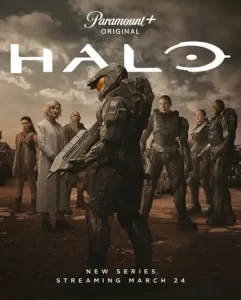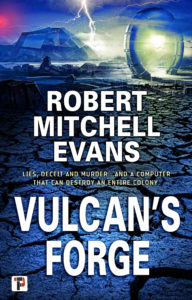I am not going to talk about violence at the 94th Academy Awards but rather about the Academy’s pitiful attempts at popularity with its fan voted unofficial categories.
Viewership, interest, and respect for the Oscars has been waning for a number of years. As massively popular films, nearly always genre franchise movies, fail to achieve artistic recognition while smaller quieter films, nearly always dramatic films with a historic or social commentary goal, are showered with accolades. With the collapse of the mid-budget film leaving theaters with small artistic projects and massive franchise spectacles the Academy’s bent toward the dramatic while sidelining the genre opened a chasm between the films it honored and the ones beloved by the viewing audience it desperately wanted.
In 2018 the Academy announced its plans for a new category, Best Popular Film, a brazen attempt to have their cake and eat it too by giving blockbuster franchises a ghettoized Oscar. The backlash to the patronizing proposal proved as predictable as Newton’s laws of motion and the new category never appeared.
Instead, this year that unveiled the brilliant idea for a twitter poll drive for Fan Favorite Film and Fan Favorite Moment. Not actually new categories mind you, but a pat on the head for the comic book fans, a seat at the kiddie table while the real films are recognized elsewhere.
Had the Academy looked to the recent past with Fan driven award, particularly when there is a small but devoted and determined coordinated base of individuals, then they should have seen the outcome of their twitter voting.
Sunday, the Fan Favorite Film went to Zack Snyder’s Army of the Dead, and the Fan Favorite Moment went to ‘The Flashe enters the Speed Force.’ (Mind you I go to comic book movies, and I have seen both versions of the Justice League movies and I had absolutely no concept of what scene won this momentary award.)
The Academy’s desperation for acceptance while remaining elite and aloof doomed the entire enterprise to failure. There are already several fan voted awards and it is wrong for the Academy to dilute their brand by trying to be popular.
Either widen you voting audience so the nominated and winning film appeal to a wider population or stay in your elite rarified air, but you cannot win trying to do both.



